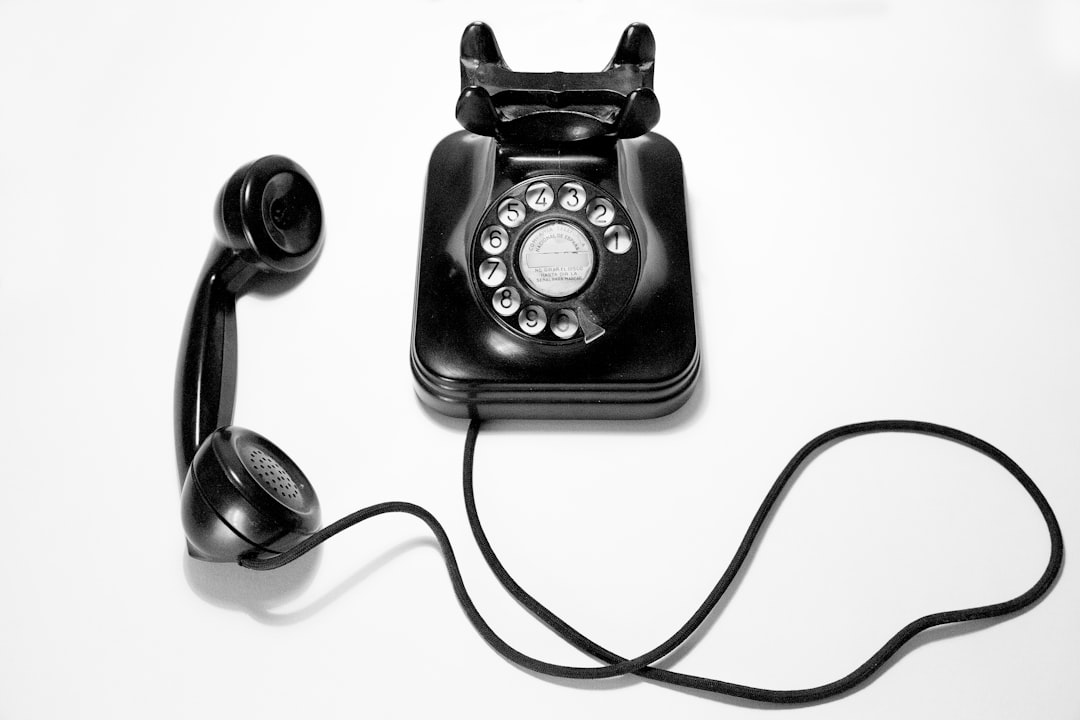Maryland residents enjoy privacy rights from unwanted phone calls through state Do Not Call laws. Consumers can stop sales calls by registering their contacts and reporting violations to specialized lawyers or regulatory agencies. Documenting interactions and providing evidence is key. Complaints lead to investigations, warnings, or legal action against violators, ensuring telemarketers adhere to Maryland's regulations with the help of a lawyer for Do Not Call Laws Maryland.
In Maryland, respecting consumer privacy is paramount, especially regarding telemarketing calls. If you’ve encountered unwanted calls in violation of the state’s Do Not Call laws, understanding your rights and reporting these infringements is crucial. This guide equips Maryland consumers with essential steps to document and report violations effectively. From understanding the law to filing a complaint, learn how to navigate the process with the help of a lawyer specialized in Maryland’s Do Not Call Laws.
Understanding Maryland's Do Not Call Laws

In Maryland, consumers have the right to privacy and protection from unwanted phone calls, especially those related to telemarketing. The state has established Do Not Call laws to empower residents to stop unsolicited sales calls. These laws are designed to give consumers control over their contact information and prevent harassment from persistent callers. If you’re receiving repeated calls despite being on the Do Not Call list in Maryland, understanding your rights is crucial.
A lawyer specializing in Maryland’s Do Not Call laws can guide you through the process of reporting these violations effectively. They can help you navigate the legal system and ensure that telemarketers adhere to the state’s regulations. By taking action against violators, consumers can protect their peace of mind and enjoy greater control over their daily interactions with telemarketing calls.
Documenting and Reporting Violations Effectively

When documenting and reporting violations, Maryland consumers should gather all relevant information, such as the date, time, and details of the interaction with the violator. This includes noting any identifying information about the company or individual, including names, phone numbers, email addresses, and the nature of the violation. Taking pictures or recording conversations (with consent) can also be helpful evidence.
Consumers should then contact the appropriate regulatory agency or a lawyer specializing in Do Not Call Laws Maryland to report the violation effectively. Providing detailed records will ensure a thorough investigation. These professionals can guide consumers through the process, ensuring their rights are protected and violators are held accountable for breaking state laws regarding telemarketing practices.
What to Expect After Filing a Complaint

After filing a complaint about a violation of Maryland’s Do Not Call laws, consumers can expect several key steps and outcomes. Typically, within a few days to a week, the state’s regulatory body or attorney general’s office will acknowledge receipt of your complaint. They may request additional information to strengthen your case, so be prepared to provide any necessary details promptly.
Once the investigation commences, you’ll likely experience one of two scenarios. Either the violator will receive a warning and cease their unauthorized calls, or legal action will be taken. If the issue is resolved amicably, you may never know the exact outcome beyond the cessation of unwanted calls. However, if the case goes to court, you might be contacted for testimony or to share evidence, especially if your complaint serves as a key part of a larger investigation against the offending party, potentially leading to more significant penalties and increased awareness about Do Not Call laws in Maryland with the help of a lawyer specializing in these regulations.






